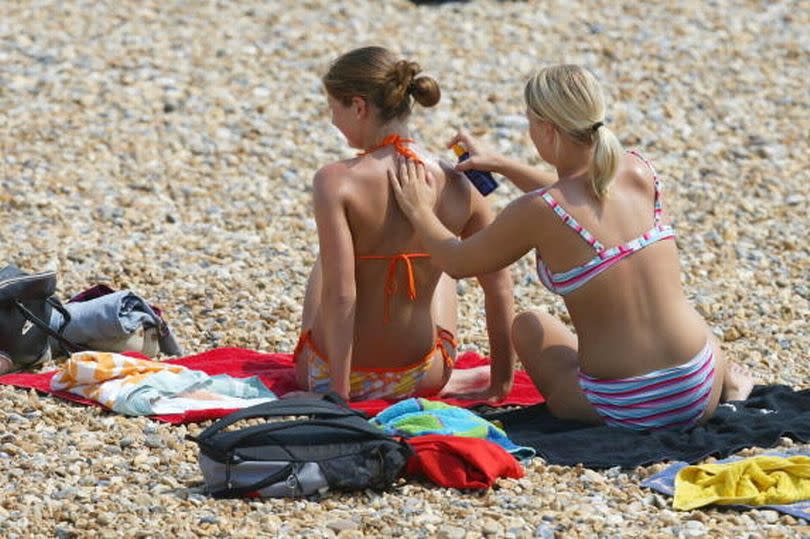Heat health alert issued for large parts of UK as temperatures soar

Much of the UK is set to bask in sunshine this week, with a heat health warning in place across large parts of the country. England is expected to sizzle, and Scotland and Northern Ireland are predicted to experience their warmest days of the year so far.
Scotland could see temperatures rise as high as 27 degrees, while south-east England is forecasted to be even hotter, with Wednesday's temperatures potentially reaching 30 degrees. While this may be welcome news for many after a wet start to the summer, it could pose serious risks to vulnerable or elderly individuals.
The main dangers associated with hot weather include dehydration and overheating, which can exacerbate existing heart or breathing problems, and lead to heat exhaustion or heatstroke. The UK Health Security Agency has issued a warning in light of the soaring temperatures, with a yellow heat health alert in effect until 5pm on Thursday, June 27.
Who is most at risk?
According to NHS guidelines, older people - particularly women over 75 - are especially vulnerable. Those living alone or in care homes are also at increased risk, as are individuals on multiple medications, as some drugs can increase susceptibility to the effects of hot weather, reports the Mirror.
Those who may struggle to stay cool - including babies, the very young, those confined to bed, individuals with drug or alcohol addictions or Alzheimer's disease - are also at risk. This also applies to people who spend a lot of time outdoors or in hot environments such as those living in top-floor flats, the homeless, or outdoor workers.
To keep cool, it is advised to avoid the heat where possible. If you must go outside, seek shade particularly between 11am and 3pm, apply sunscreen, wear a hat and light clothing, and refrain from exercise or activities that increase your body temperature.
Cool yourself down by consuming cold food and drinks, avoiding alcohol, caffeine and hot beverages, taking a cool shower, or applying cool water to your skin or clothes. Maintain a cool living environment. Shut windows during the day and open them at night when the external temperature has decreased.
Electric fans can be beneficial if the temperature is below 35 degrees. Regularly check the temperature of rooms, especially where those at higher risk reside and sleep.

 Yahoo News
Yahoo News 
